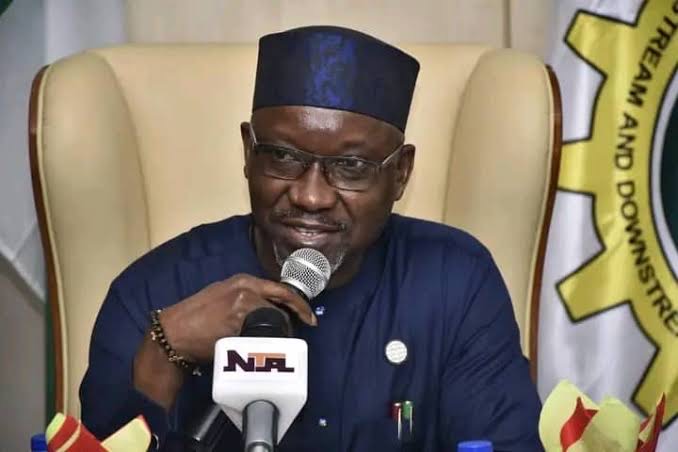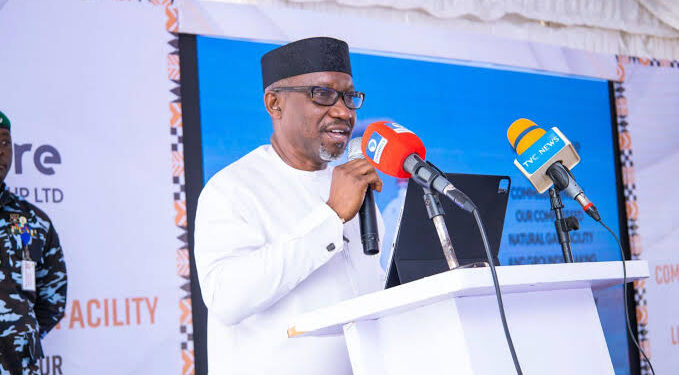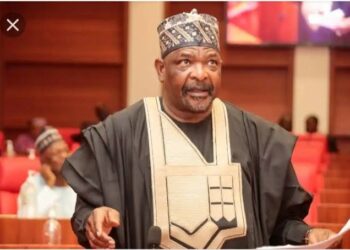Nigeria’s Minister of State for Petroleum Resources (Gas), Hon. Ekperikpe Ekpo, has announced a new plan to boost the country’s gas-to-power program. This shift aims to use Nigeria’s large natural gas reserves to improve electricity generation, support economic growth, and increase Nigeria’s position in the global market. The goal is to tackle ongoing electricity shortages, drive industrial development, and promote cleaner energy by focusing on using domestic gas and investing in key infrastructure.
Nigeria has about 209 trillion cubic feet of proven gas reserves, which could reshape the country’s energy sector. The plan also includes building up local industries, expanding liquefied natural gas (LNG) exports, and supporting compressed natural gas (CNG) projects for transportation. These steps are meant to create a sustainable energy future and align with global trends toward cleaner energy.

The government’s emphasis on using domestic gas is crucial for solving Nigeria’s long-standing electricity issues. By focusing on gas-to-power projects, the aim is to ensure a steady and reliable electricity supply, which is essential for economic growth. Converting Nigeria’s natural gas into electricity could reduce power shortages and increase energy access.
Ekpo also stressed the importance of developing gas infrastructure to transport and distribute gas across the country. Investing in this infrastructure will help ensure a consistent gas supply for industrial use and transportation, supporting overall industrial growth.
Nigeria is in a strong position to use its gas reserves to drive economic development. Properly managing these resources can reduce reliance on oil, enhance energy security, and support global efforts to cut carbon emissions. The focus on gas resources will help Nigeria lead in clean energy and sustainable growth.

Additionally, Ekpo highlighted the need to strengthen the Nigerian Content Development and Monitoring Board (NCDMB), which will boost local industry and job creation. The NCDMB’s investments in gas projects and infrastructure will ensure that Nigerians benefit directly from the country’s resources.
Expanding Nigeria’s LNG export capacity is also important, as it will increase revenue, attract foreign investment, and enhance Nigeria’s global influence. Improving policies and regulations will create a better environment for investment and innovation in the gas sector.
The push for CNG projects aims to lower transportation costs and overall living expenses. CNG is a cleaner, cheaper alternative to traditional fuels, which supports global efforts to reduce carbon emissions and improve air quality.
Overall, Nigeria’s revised gas-to-power plan is a comprehensive approach to using the country’s gas resources for economic growth. By focusing on domestic use, infrastructure, local industry, and global market expansion, Nigeria aims to improve electricity generation, reduce costs, and become a leader in the global gas market. This strategy promises to transform Nigeria’s energy sector and drive economic development.




































